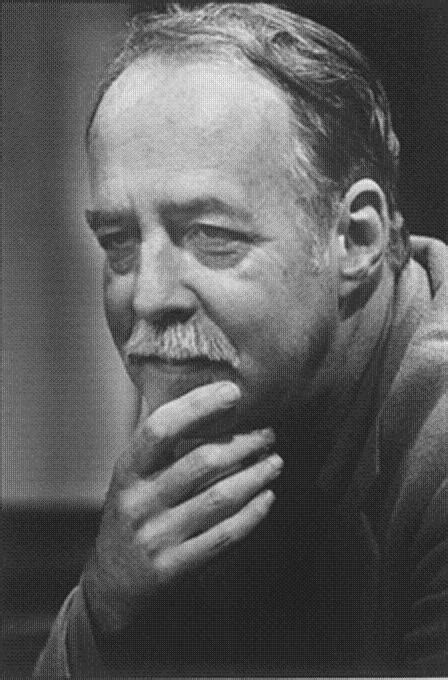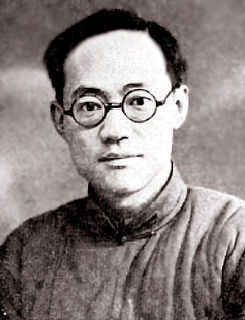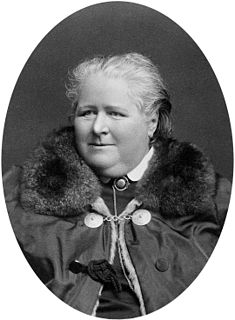A Quote by William Matthews
There is one curious fact noticeable in regard to this thing called "luck," which is, that while it is made responsible for any turn of affairs that we feel to be discreditable to us, it rarely has credit for an opposite state of things; but, like most other faithful allies in victory, comes poorly off.
Related Quotes
Who can tell us of the inhabitants of this little planet that shines of an evening, called the moon?...when you inquire about the inhabitants of that sphere you find that the most learned are as ignorant in regard to them as the most ignorant of their fathers. So it is in regard to the inhabitants of the sun. Do you think it is inhabited? I rather think it is. Do you think there is any life there? No question of it; it was not made in vain. It was made to give light to those who dwell upon it, and to other planets; and so will this earth when it is celestialized
Candidates who win while spending less than their opponents still usually have to spend quite a lot. While not a surefire guarantor of victory, a large war chest -even if not the largest-is usually a necessary condition. Money may not guarantee victory, but the lack of it usually guarantees defeat. Without large sums, there is rarely much of a campaign, as poorly funded 'minor' candidates have repeatedly discovered.
There are certain things in which one is unable to believe for the simple reason that he never ceases to feel them. Things of this sort - things which are always inside of us and in fact are us and which consequently will not be pushed off or away where we can begin thinking about them - are no longer things; they, and the us which they are, equals A Verb; an IS.
What are the characters that I discern most clearly in the so-called Anglo-Saxon type of man? I may answer at once that two stickout above all others. One is his curious and apparently incurable incompetence--his congenital inability to do any difficult thing easily and well, whether it be isolating a bacillus or writing a sonata. The other is his astounding susceptibility to fears and alarms--in short, his hereditary cowardice.... There is no record in history of any Anglo-Saxon nation entering upon any great war without allies.
The idea of the state is, or should be, a very limited, prescribed idea. The state looks after the defense of the realm, and other matters - raising revenue to pay for things which are for all of us, and so on. That idea has turned turtle now. The state isn't any longer perceived as an institution which exists to serve us.
We can't say that we believe in each other's fundamental humanity, and then turn a blind eye to the reality of each other's existence, and the truth of each others' hearts. We must be allies and we must be allies in this business, because to be represented is to be humanized, and as long as anyone anywhere is being made to feel less human, our very definition of humanity is at stake, and we are all vulnerable.
You find this curious fact, that the more intense has been the religion of any period and more profound has been the dogmatic belief, the greater has been the cruelty and the worse has been the state of affairs. In the so called age of faith, when men really did believe the Christian religion in all its completeness, there was the Inquisition, with its tortures; there were millions of unfortunate women burnt as witches; and there was every kind of cruelty practised upon all sorts of people in the name of religion.
You'd have thought we planned it," says Peeta, giving me just the hint of a smile. "Didn't you?" asks Portia. Her fingers press her eyelids closed as if she's warding off a very bright light. "No," I say looking at Peeta with a new sense of apreciation. "Neither of us even knew what we were going to do before we went in." "And Haymitch?" says Peeta. "We decided we don't want any other allies in the arena." "Good. Then I won't be responsible for you killing off any of my friends with your stupidity," he says.
When war is waged, it is for the purpose of safeguarding or increasing one's capacity to make war. International politics are wholly involved in this vicious cycle. What is called national prestige consists in behaving always in such a way as to demoralize other nations by giving them the impression that, if it comes to war, one would certainly defeat them. What is called national security is an imaginary state of affairs in which one would retain the capacity to make war while depriving all other countries of it.







































